With this simple advertising taunt featured during the 2019 Superbowl — “Miller Lite uses corn syrup” — Anheuser-Busch has wound up on the receiving end of a lawsuit filed by MillerCoors over the use of corn syrup as a brewing adjunct. While millions of television viewers may have chuckled at the spot, MillerCoors is not among those laughing.
In a rather clever Monty Python-esque ad, lads from the Bud Lite kingdom are seen rolling a huge cask of corn syrup from castle to castle, seeking its rightful owners (read: MillerCoors). In so doing, Anheuser-Busch’s message is as clear as it is confusing — clear in the suggestion that the use of corn syrup in the brewing process is somehow bad, and confusing given the obvious attempt to conflate the use of corn syrup with the inclusion of high fructose corn syrup as an ingredient in MillerCoors products.
What Anheuser-Busch fails to point out in its campaign against Miller Lite (and Coors Lite as well) is that the difference between fermenting beer with corn syrup versus rice (as used in Bud Lite) has no nutritional effect on the final product. Parenthetically, Anheuser-Busch also excludes the fact that corn syrup is listed as an ingredient in several of its beverages — Bud Ice, Busch, Busch Ice, Busch Lite, Natural Ice and Natural Light, included. In any event, the St. Louis-based brewer’s advertising strategy has resulted in litigation.
MillerCoors has filed a complaint against Anheuser-Busch alleging causes of action for false advertising and trademark dilution. Essentially, MillerCoors contends that the Anheiser-Busch campaign (including the Superbowl ad) is misleading — not because MillerCoors doesn’t use corn syrup (it does) — but because implicit in the advertisements is that MillerCoors uses high fructose corn syrup, which is not true.
More to the point, by showcasing the use of corn syrup by MillerCoors, Anheuser-Busch is, in effect, confusing customers who largely believe that corn syrup and high fructose corn syrup — which is linked to obesity and other health risks — are one and the same. That being said, what’s most interesting about this litigation is a question posed by MillerCoors — whether corn syrup is even an ingredient in Miller Lite and Coors Lite. The answer is relevant to all brewers — even craft brewers that don’t use adjuncts (sugars or carbohydrates that are cheaper than malted barley, the traditional grain in beer) — because it’ll inform how ingredients can be treated in advertisement.
Of note, breweries don’t have to list all of their ingredients on beer labels so long as they are “traditional,” but that’s a different article (see the TTB Ruling 2015-1, Dec. 17, 2015). Yet when they do list them, they must be accurate. The same is true when a company makes statements about its products or those of a competitor. While it remains to be seen whether Anheuser-Busch has crossed the line by calling out the use of corn syrup in Miller Lite and Coors Lite, MillerCoors, for its part, has creatively (and, in this writer’s view, mistakenly) blurred that line by arguing in its complaint that corn syrup isn’t an ingredient at all.
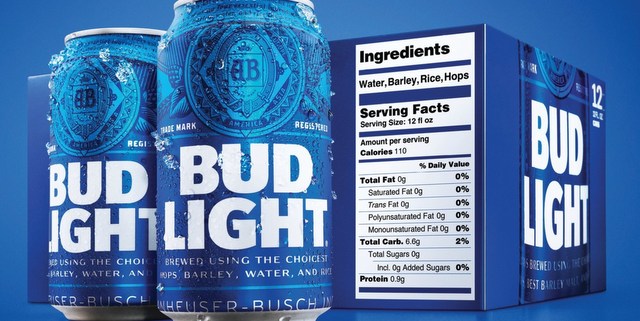
The lawsuit filed by MillerCoors asserts that by calling corn syrup an ingredient, Anheuser Busch implies that the additive is present in the actual Miller Lite and Coors Lite beer enjoyed by consumers. This contention seems flawed to the extent it hinges upon an inference that an ingredient is only an ingredient if it is shows up in a final product. But any brewer knows that the process of beer making transforms all ingredients such that none of them are actually present at the end.
A hop flower or malted barley won’t be found in a frosty mug of beer, but they’re both major ingredients. Even yeast acts as a catalyst during fermentation, eating dissolved sugars and creating alcohol and carbon dioxide, but it too is ultimately filtered out. Still, these transformed ingredients, among others, are ingredients nonetheless. Consequently, for MillerCoors to argue that the absence of corn syrup in bottles and cans of Miller Lite and Coors Lite — the ones that end up on store shelves and in restaurants, bars and the hands of consumers — means that corn syrup is not an ingredient at all seems rather unreasonable.
So what does this all mean in terms of advertising the ingredients in beer going forward? We’ll have to wait and see if the MillerCoors “transformed ingredients are not ingredients” argument has any takers on the bench. And in the meantime, brewers are encouraged to be transparent and forthcoming about everything that goes into their beers.
Taylor C. Foss is an intellectual property litigator, alcohol attorney, craft brew enthusiast and senior associate at Michelman & Robinson, LLP, a national law firm with offices in Los Angeles, Orange County (California), San Francisco, Chicago, and New York City.

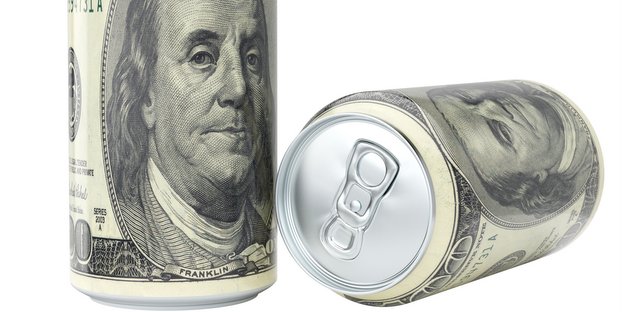
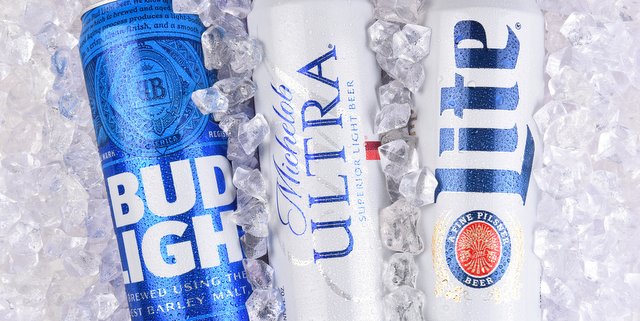
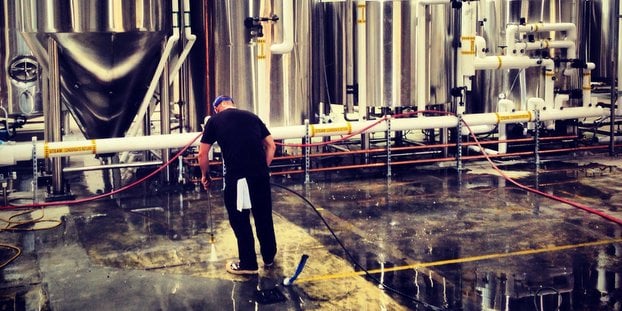
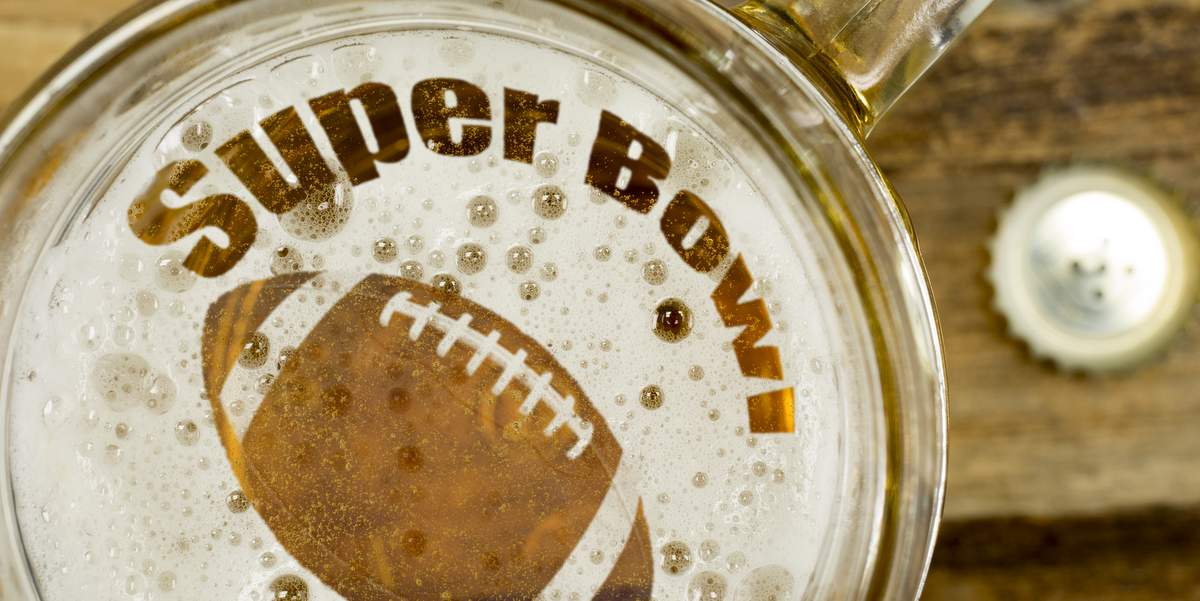

Jonathan Ayers says
OMG!! 🤣🤣 Miller is sueing Bud!! So basically it’s sueing itself! 🤣🤣 That like me getting mad at something I said a writing a check to myself for damages! 🤣🤣
This is such a BS publicity stunt it’s killing me! 🤣🤣